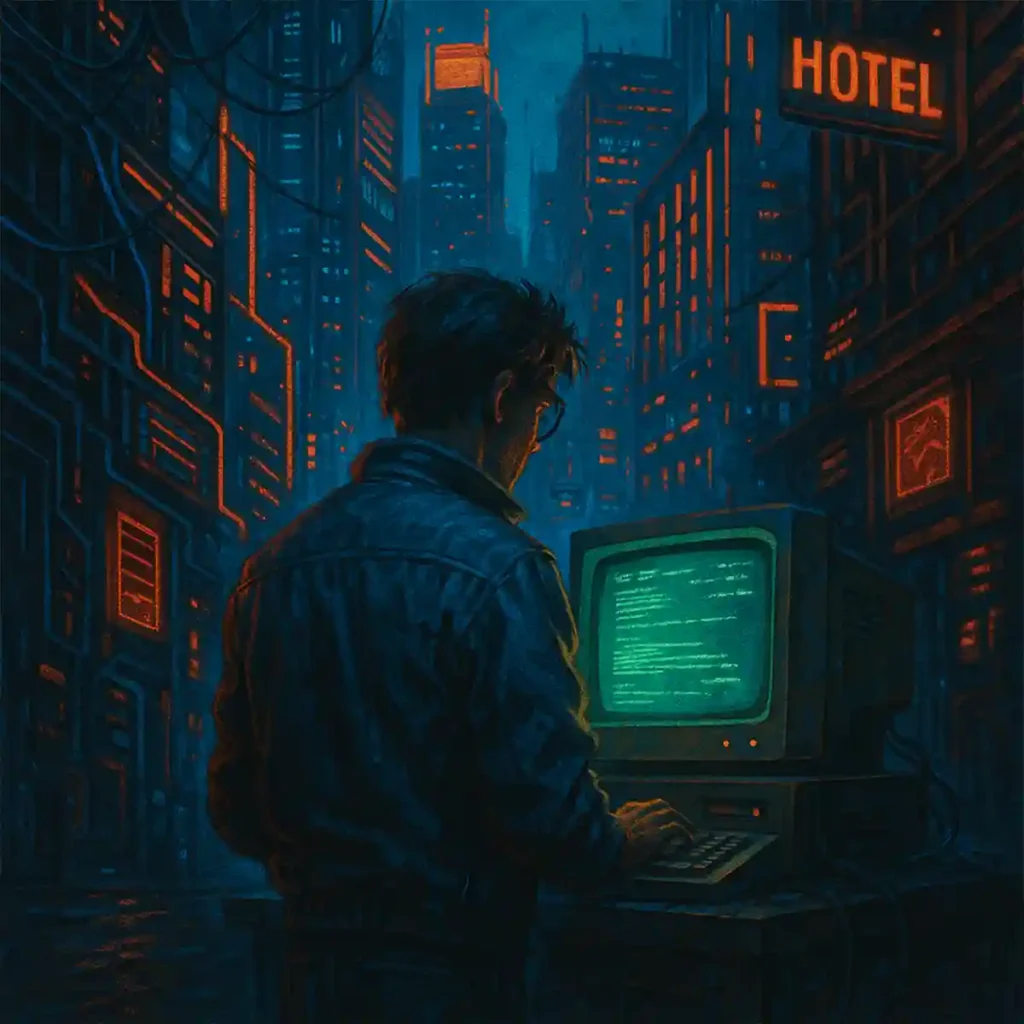Science fiction isn’t just about spaceships and laser guns. It’s a genre that dares to ask the big questions: What does it mean to be human? Where are we going? And what happens when we get there?
If you’re new to the genre—or even if you’re a seasoned traveler of the stars—there are a few key things that every sci-fi reader needs to know. Understanding these will not only deepen your enjoyment but also open up whole new dimensions of storytelling.
1. Science Fiction Is Philosophy in Disguise
At its core, science fiction is speculative philosophy. It uses futuristic settings, alien civilizations, and technological advances to tackle timeless human dilemmas.
Authors like Isaac Asimov, Ursula K. Le Guin, and Philip K. Dick didn’t just create thrilling plots; they explored questions about identity, morality, freedom, and fate.
Reading sci-fi means you’re engaging with what could be—and what that tells us about who we are now.
2. Subgenres Matter (A Lot)
Not all sci-fi is created equal. Some key subgenres you should know:
Hard Science Fiction: Focuses on scientific accuracy (Arthur C. Clarke, Andy Weir).
Soft Science Fiction: Centers on society, psychology, and philosophy (Ray Bradbury, Margaret Atwood).
Cyberpunk: Dark, gritty futures ruled by tech and corporate power (William Gibson, Neal Stephenson).
Space Opera: Epic adventures across galaxies (Frank Herbert, Lois McMaster Bujold).
Time Travel: Plays with cause and effect, paradoxes, and destiny (H.G. Wells, Blake Crouch).
Knowing which subgenre fits your taste helps you find stories that resonate most powerfully.
3. The Best Sci-Fi Challenges, Not Comforts
If you think science fiction will coddle you with predictable heroes and clean-cut endings, think again.
Great sci-fi often forces uncomfortable realizations:
Dystopias reveal the fragility of civilization.
First Contact stories question the nature of communication and trust.
AI Narratives explore the eerie limits of consciousness.
The point isn’t always to answer questions—it’s to make you ask better ones.
4. Timelines Can Get Weird—And That’s the Fun
Some of the best science fiction plays fast and loose with time:
Nonlinear storytelling (Arrival, based on Ted Chiang’s “Story of Your Life”*)
Paradox-driven plots (The Silent Guardian, Dark on Netflix)
Learning to embrace uncertainty, loops, and multiple timelines is part of the magic.
Tip: When things get confusing, trust the emotional through-line of the characters.

5. Essential Sci-Fi Authors You Need to Know
If you’re building a sci-fi reading list, start with these legends:
Isaac Asimov — Foundation series, I, Robot
Ursula K. Le Guin — The Left Hand of Darkness, The Dispossessed
Philip K. Dick — Do Androids Dream of Electric Sheep?, Ubik
Octavia Butler — Kindred, Parable of the Sower
Arthur C. Clarke — 2001: A Space Odyssey, Childhood’s End
Liu Cixin — The Three-Body Problem
And don’t overlook modern voices like N.K. Jemisin, Ann Leckie, and Adrian Tchaikovsky.
6. Sci-Fi Reflects the Era That Created It
Science fiction doesn’t exist in a vacuum. It mirrors the hopes, fears, and technologies of its time:
1950s: Nuclear fears (aliens as metaphors for the unknown)
1980s: Rise of computers (cyberpunk, corporate dystopias)
Today: AI, climate change, genetic engineering
Knowing the historical context enriches your reading and shows how speculative fiction often predicts—or warns about—the future.
7. Great Sci-Fi Is About More Than Technology
Gadgets are cool, but the heart of sci-fi lies in people.
The best sci-fi uses technology as a backdrop to explore universal human emotions:
Love, loss, ambition, fear, hope.
In The Silent Guardian, for instance, time travel and secret societies create thrilling tension—but the real story is about trust, betrayal, and the fight for freedom.
Final Thought: Sci-Fi Isn’t Just a Genre—It’s a Lens
Learning what every sci-fi reader needs to know isn’t about mastering jargon or memorizing tech specs.
It’s about seeing the world through a different lens—a lens that challenges you to imagine, question, and dream bigger.
Because science fiction isn’t just escapism.
It’s a map of the future—and sometimes, a mirror of ourselves.
